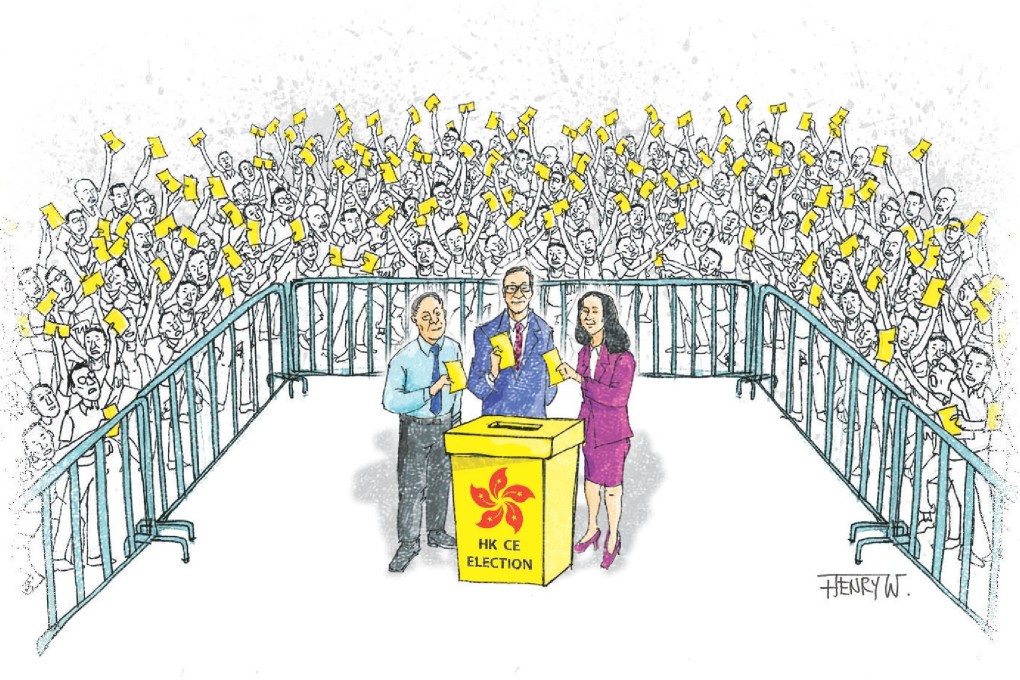Don't compromise Hong Kong's basic principle of equality before the law
Surya Deva says it goes against the Basic Law to deny the lower strata of society a say in political governance. For the sake of the government's legitimacy, the chief executive must build an inclusive society

Since assuming office in July 2012, Chief Executive Leung Chun-ying has hardly taken a wrong step in triggering a governance crisis in Hong Kong. Enough has already been said about the biased report to the National People's Congress Standing Committee, which resulted in a highly restrictive and arguably unconstitutional decision on August 31. Then Leung failed to show the required courage and leadership skills to engage democracy protesters at the outset and offer them legitimate concessions to resolve the crisis.
His latest step, giving an interview to the "foreign" media, was perhaps to better reach the so-called "external forces" fuelling the democracy demands in Hong Kong. In the interview, Leung, among other things, said that containing populist pressures was one of the reasons the nominating committee under Article 45 could not give proportional representation to Hongkongers earning less than HK$14,000 per month.
The subsequent clarification posted on the chief executive website that "the design of the Basic Law requires the chief executive to take into account the needs of all sectors with equal importance" does not really help much.
Giving equal importance does not mean according identical treatment to different people. Moreover, why should the lower strata of society be denied any say in political governance in the name of achieving "balanced representation"? Such an outcome is in sharp contrast with the pro-poor image Leung carefully cultivated during his election campaign.
Poor Hongkongers should not be at the welfare mercy of a local government controlled by Beijing and tycoons. The Basic Law does not really contemplate or legitimise this kind of exclusion and continued disempowerment.
The Standing Committee decided that the requirement for the nominating committee to be "broadly representative" will be satisfied if it is modelled on the current Election Committee. However, it is worth recalling that this committee was modelled on the selection committee for electing the first chief executive.